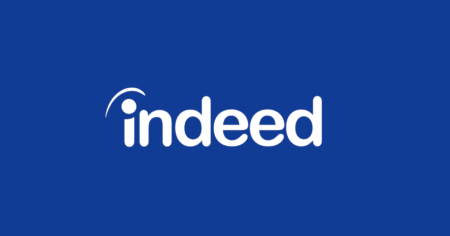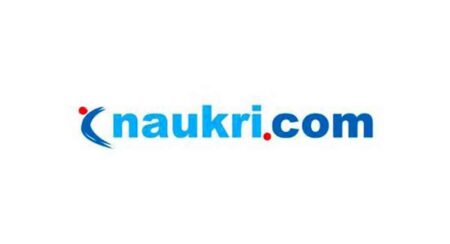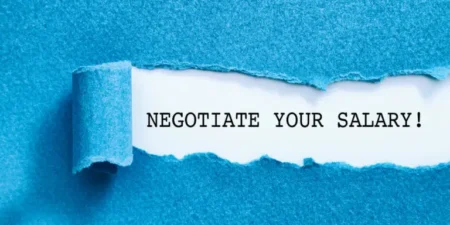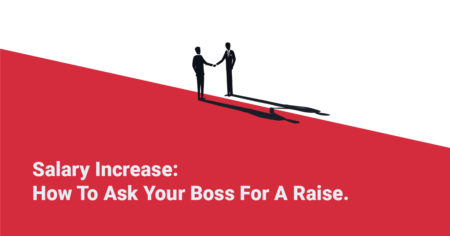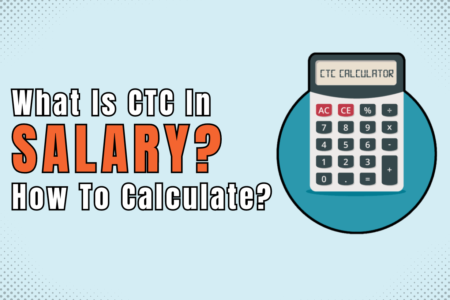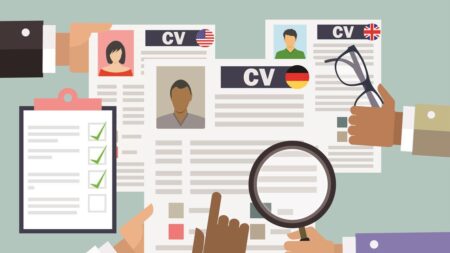Gone are the days when preparing for a job interview meant spending hours researching companies, practicing common questions, and tailoring your resume manually. The job search process was time-consuming, overwhelming, and often frustrating.
Now, artificial intelligence (AI) has changed the game. AI can help you research a company, improve your resume, and even practice for your interview. In this article, you’ll learn how to use AI tools effectively to streamline your job interview preparation and increase your chances of success.
AI Tools for Job Interview Preparation
Many people think of ChatGPT when it comes to AI assistance, but it’s not the only tool available. Other AI platforms like Google Gemini (formerly Bard), Microsoft Copilot, and Claude AI can also provide valuable insights. Using multiple AI tools can give you a broader perspective and better preparation.
Here’s how you can leverage AI to ace your job interview:
1. AI-Powered Mock Interviews
Practicing your interview responses is one of the best ways to boost confidence. AI can generate industry-specific interview questions and help you refine your answers.
- ChatGPT: Provides structured mock interviews with feedback on clarity, conciseness, and professionalism.
- Google Gemini: Analyzes your responses and suggests ways to make them more industry-specific.
- Microsoft Copilot: Helps improve your tone, ensuring your answers sound professional yet natural.
2. Company Research Made Easy
AI can save you hours of research by quickly summarizing company details, industry trends, and recent news.
- Google Gemini: If the company website is publicly available, Gemini can analyze its content and provide key insights.
- ChatGPT: Offers general company overviews, including its mission, values, and culture.
- Microsoft Copilot: Can extract insights from LinkedIn company pages and Glassdoor reviews.
3. AI-Driven Resume and Cover Letter Optimization
AI can help improve your resume and cover letter to match job descriptions more effectively.
- ChatGPT: Can suggest better phrasing and structure for your resume.
- Google Gemini: Highlights missing keywords and industry-specific terms.
- Jobscan (AI-based tool): Compares your resume to job descriptions and provides ATS (Applicant Tracking System) optimization tips.
Note: While AI can enhance your resume, it’s best to personalize it rather than relying entirely on AI-generated content.
4. AI-Based Interview Transcription and Analysis
You can record your interview practice sessions and let AI analyze them to identify areas for improvement.
- Otter.ai: Transcribes your speech and highlights filler words or unclear phrases.
- ChatGPT & Google Gemini: Analyze your responses, providing suggestions to make them more structured and engaging.
5. AI-Powered Job Matching and Search
AI can suggest job openings based on your skills and experience, making the job search process easier.
- LinkedIn AI tools: Recommend jobs based on your profile and past applications.
- Google Gemini: Identifies niche job markets and new industry trends.
- ChatGPT: Helps tailor job applications and networking strategies.
How to Get the Most Out of AI for Interviews
AI is only as effective as the information you provide. To get the best results:
✅ Share details about the job you’re applying for.
✅ Upload your resume (without personal details).
✅ Mention any specific challenges you face (e.g., lack of experience, career change).
✅ Practice different interview styles using AI-driven mock interviews.
The more context AI has, the more tailored and useful its responses will be.
